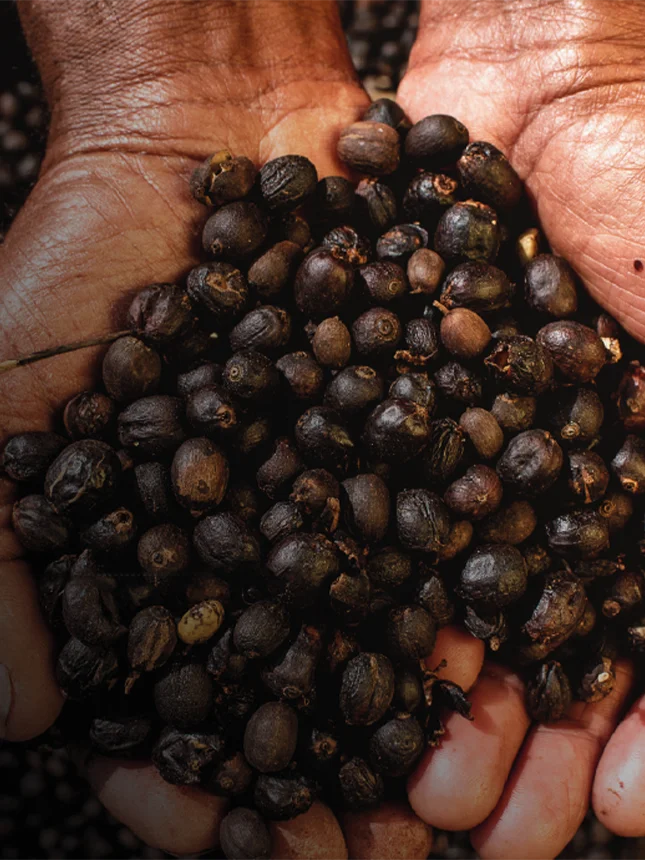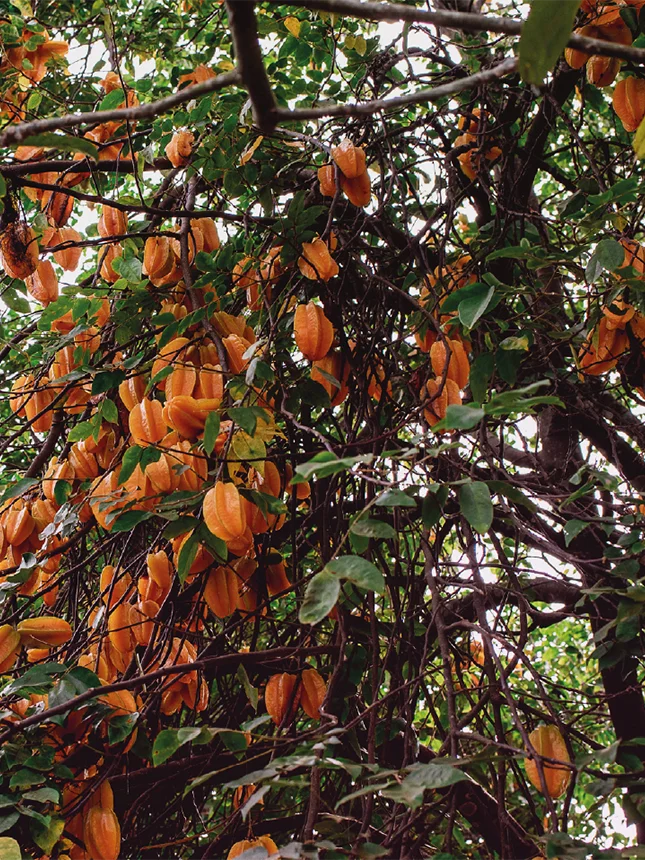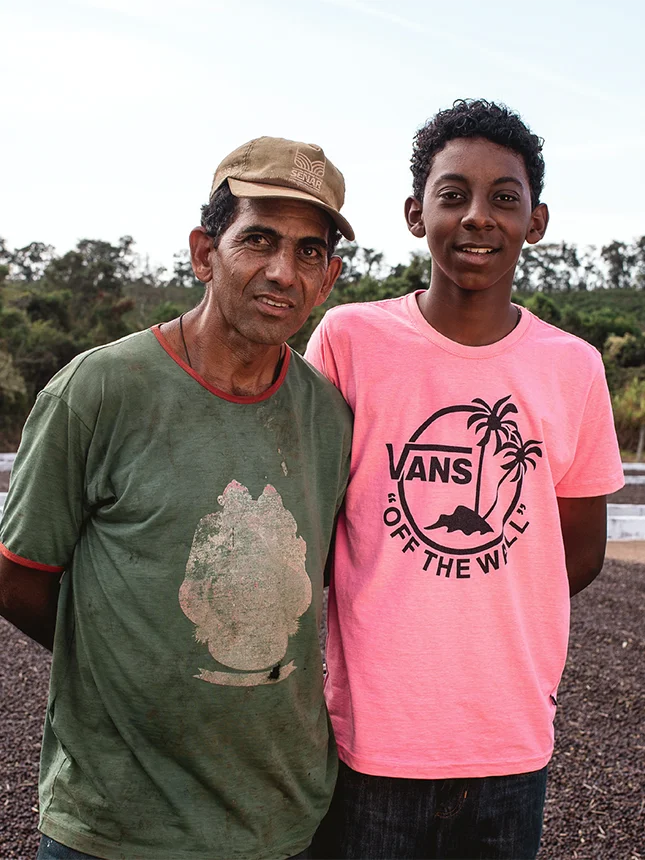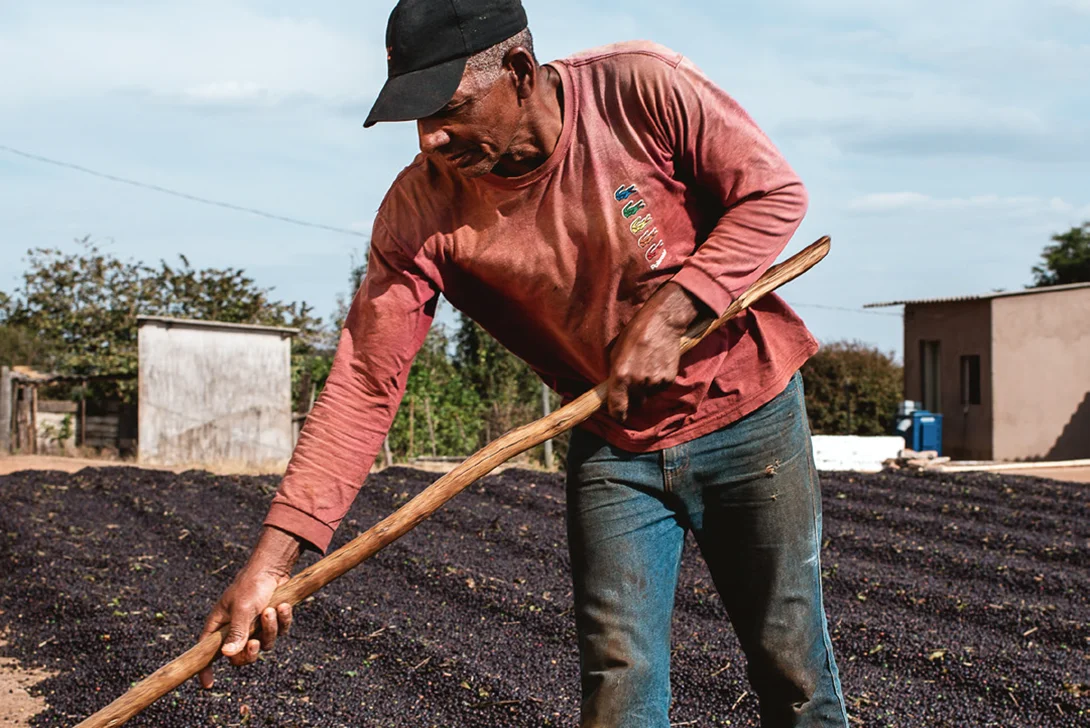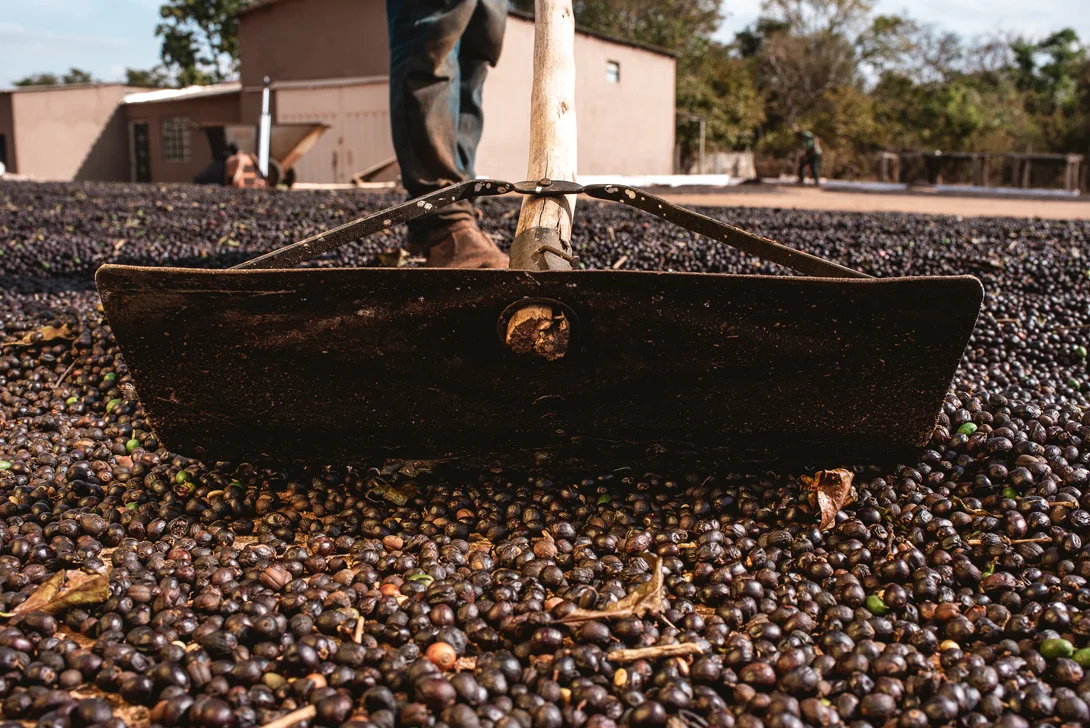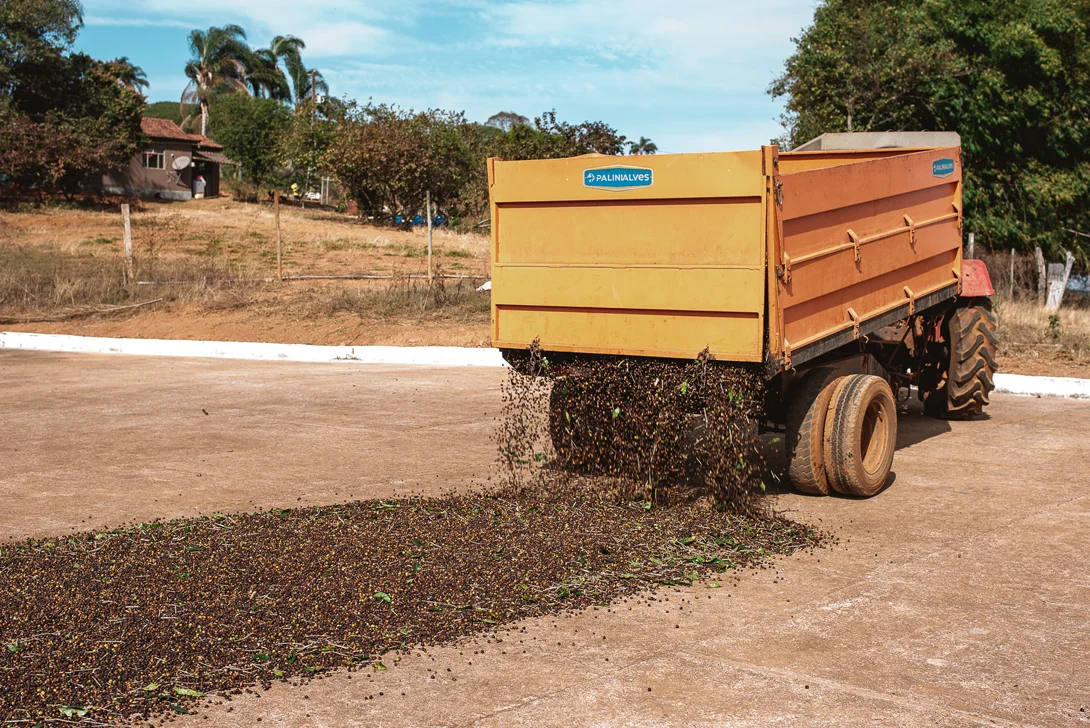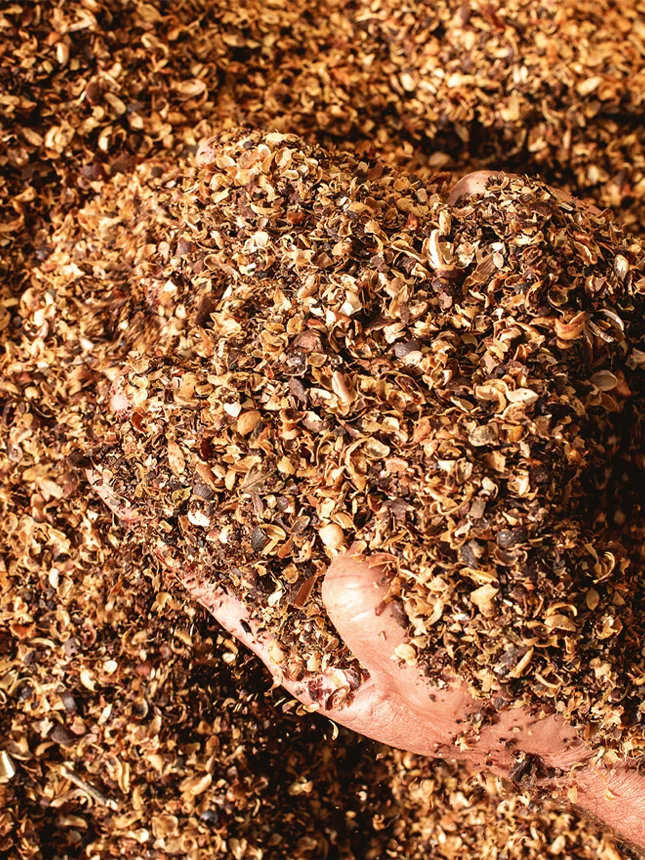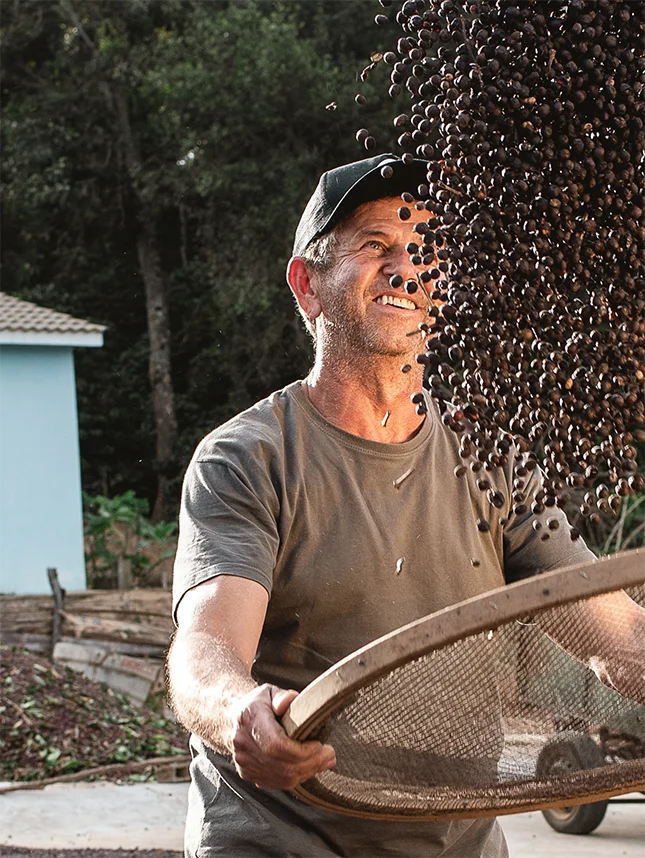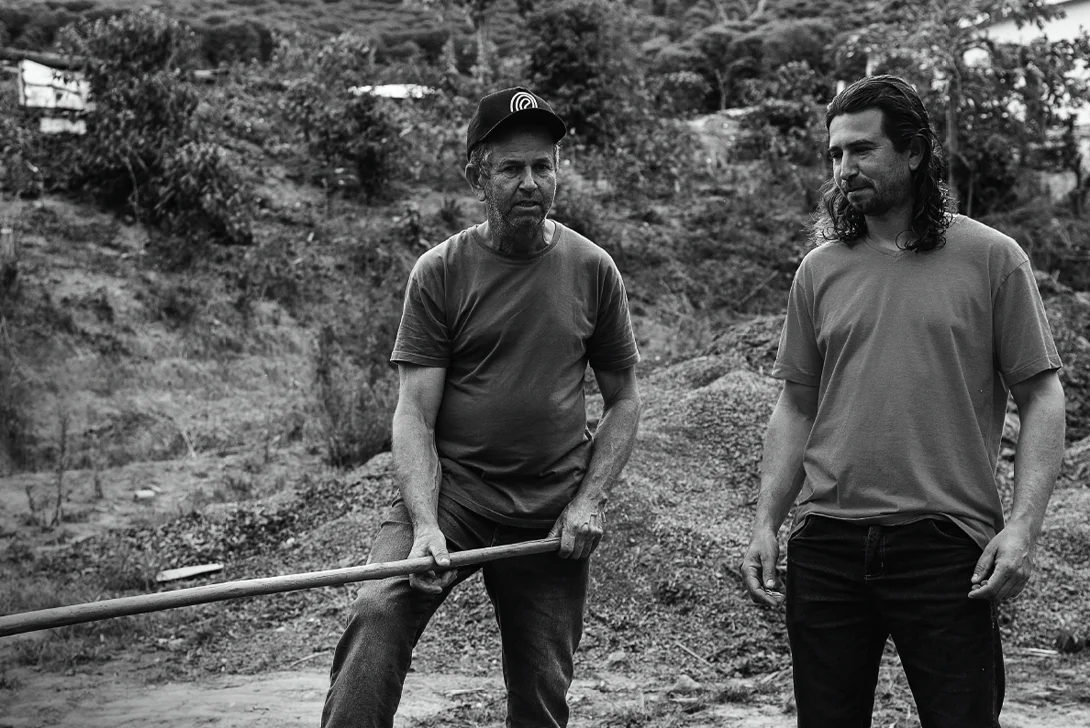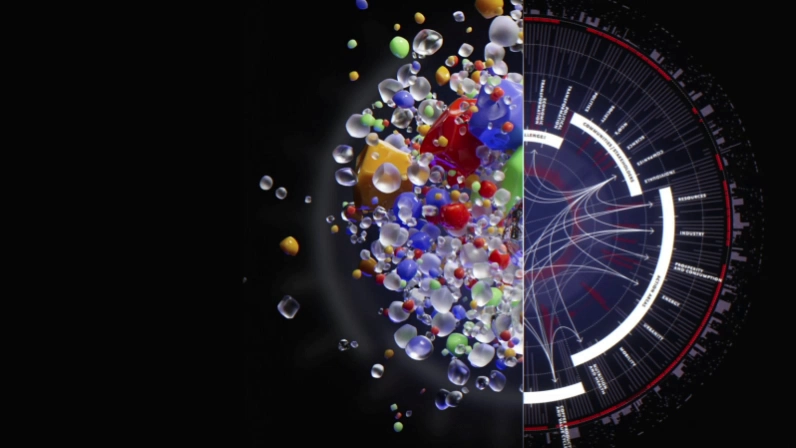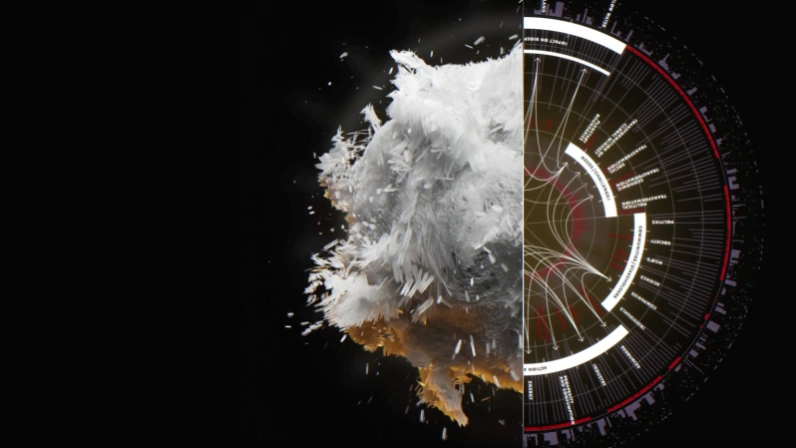We create
the Future
of Coffee
Our vision is to shape all our value chains in such a way that they foster responsible sourcing practices which prioritize human rights. We want to co-create a world in which every person who is part of our value chain is em-powered and has the opportunity to unlock their full potential. Through collaborative relationships and transparent processes, we strive to create a sustainable and just future in which the dignity and rights of all people are respected and protected.
We are helping to drive change in the coffee industry
HANNS R. NEUMANN FOUNDATION X MELITTA GROUP
turning waste into a natural fertilizer
Back to the Roots
in Brazil
As part of the “Back to the Roots” project, the Melitta Group has teamed up with the Hanns R. Neumann Foundation, the Brazilian university UFLA, and various coffee farms in Brazil to help convert organic waste into a natural fertilizer and promote its use. Initial results: less waste, less artificial fertilizer, and more income for the coffee farms.
Circling back – waste as a valuable resource
» We look at our waste in a totally different way these days. We no longer treat it as a burden to be disposed of, but try to make use of what it can still offer us. «
Transform to flourish – keep going
Our aim is to establish the concept of circular economy along the entire coffee supply chain – for the benefit of the environment, society, each and every one of us.
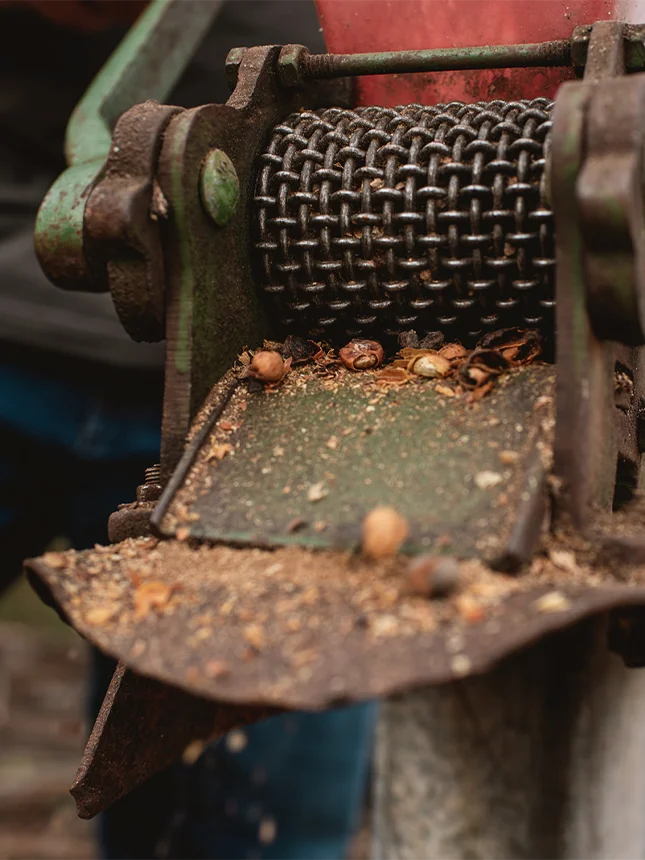
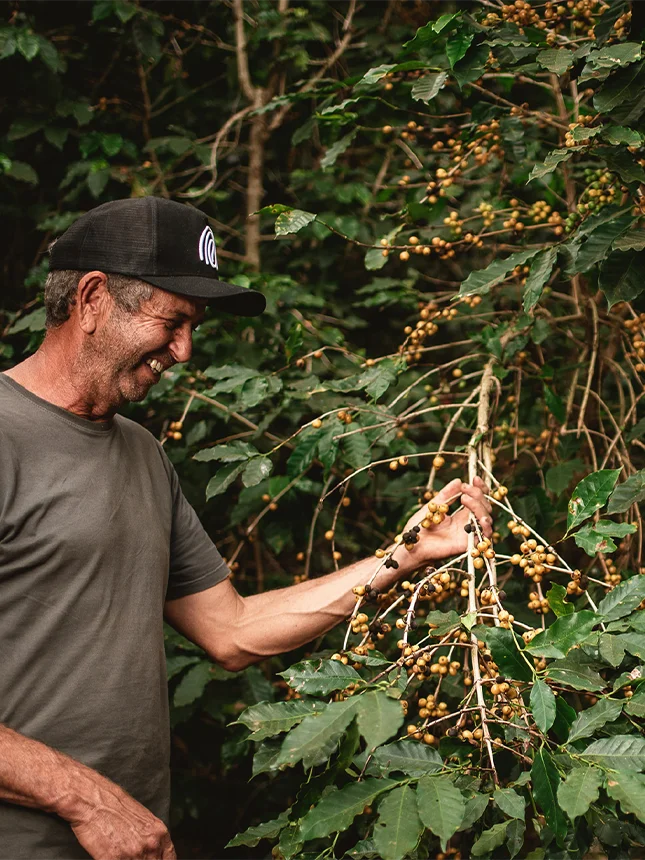
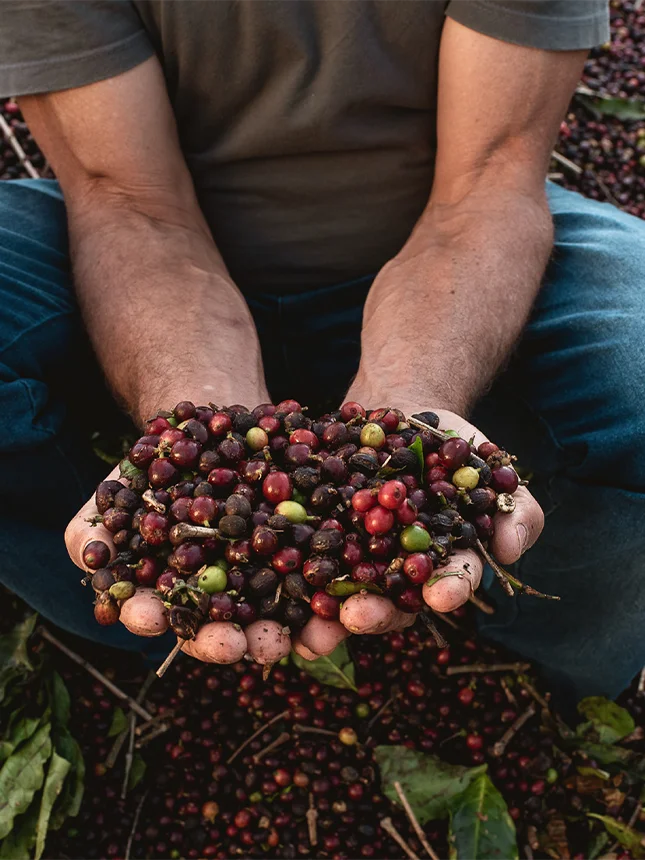
Coffee cultivation generates large quantities of organic waste. This is usually thrown away – thus polluting the environment.
» It is no longer about saving the world – that’s too abstract. We want to shape our world, our habitat, and our society in a meaningful way. «

